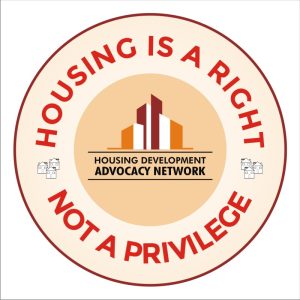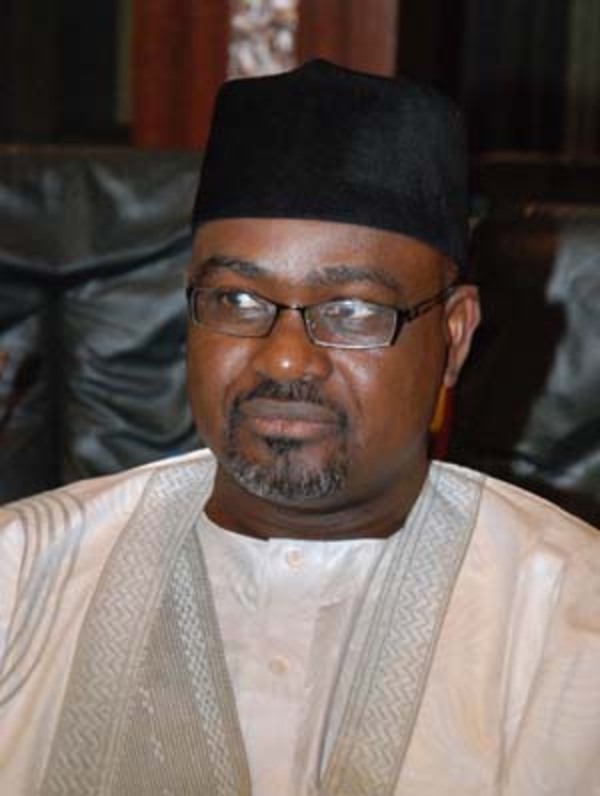… highlights Progress, Challenges, and Opportunities in 2025
… As Nigeria’s Housing Revolution Begins with Real Estate Surpassing Oil as Key Economic Driver
The housing sector in Nigeria remains pivotal in the nation’s economic and social landscape, directly impacting millions of lives.
In a recent interview on Housing TV Africa, Architect Musa Sada, former Minister of Mines and Steel Development and Minister overseeing the Federal Ministry of Lands, Housing and Urban Development, provided in-depth insights into the challenges and opportunities within the housing and real estate sectors, outlining the progress so far and what the future holds for 2025.
Reflecting on recent years, Architect Sada noted significant efforts by the government and private sector to address Nigeria’s housing deficit. However, he stressed that the current housing delivery systems must be revamped to ensure homes are accessible to those who genuinely need them.

“We must look beyond the mere construction of housing units and focus on ensuring these homes are affordable and accessible,” Sada stated.
Despite the construction of numerous housing units, accessibility and affordability remain pressing concerns, exacerbated by urbanization, rural neglect, and outdated housing policies. He argued that providing rural housing and creating economic opportunities in those areas could reduce urban migration pressures.
Sada emphasized the need for collaboration between the government and private developers to bridge the housing gap effectively. He remarked, “The government provides social services, while the private sector seeks profits. A dialogue to align these objectives is critical.”
He also called for innovative solutions, such as flexible home ownership structures, rent-to-own schemes, and localized mortgage systems tailored to meet the unique needs of Nigerians.
The former minister urged the government to incentivize developers to adopt local building materials and technologies. “Backward and forward integration in production methods can significantly cut construction costs and promote sustainability,” he said, adding that partnerships between material producers and property developers could reduce reliance on imports, making housing more affordable.

Architect Sada further highlighted the importance of policy innovation in tackling systemic challenges like affordability and ownership structures.
Citing global examples such as the American mortgage system, he advocated for adapting these models to Nigeria’s realities. He identified the Land Use Act of 1978 as a significant impediment to housing development, noting, “The rigidity in land tenure systems delays projects and raises costs. Comprehensive land reforms and digitalization of land records are critical for improving efficiency.”
Looking toward 2025, Architect Sada outlined a multi-pronged strategy for reshaping the housing sector. He called for stakeholder dialogue platforms involving developers, financiers, policymakers, and end-users to craft policies based on real-world challenges.
He also stressed the need for urban regeneration, improved housing infrastructure, and neighborhood planning to maximize existing properties and encourage investment in underutilized areas.
He urged advocacy groups like the Housing Development Advocacy Network (HDAN) to prioritize livability over sheer numbers of houses built. “The focus should shift to creating homes that serve community needs while promoting affordable and inclusive housing,” he remarked.
On new initiatives, Sada lauded the Real Estate Development Fund introduced by the Ministry of Finance Incorporated (MOFI), describing it as transformative if properly executed. “MOFI’s fund has the potential to address both supply and demand challenges, but its success depends on a robust framework that ensures inclusivity and efficiency,” he said.
As Nigeria enters 2025, the housing sector stands at a pivotal juncture. The government, private developers, and advocacy groups must address systemic challenges, foster innovation, and strengthen collaborations.
Architect Sada expressed optimism, stating, “By working together, Nigeria can establish a housing sector that meets the needs of its growing population while driving economic and social development.”



